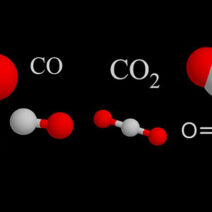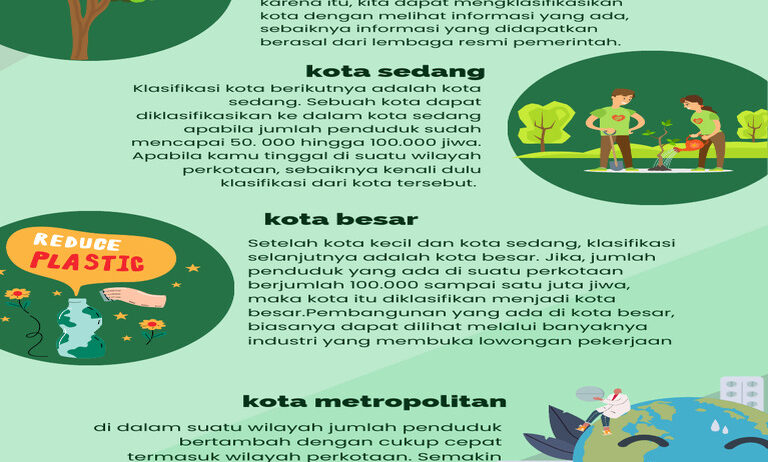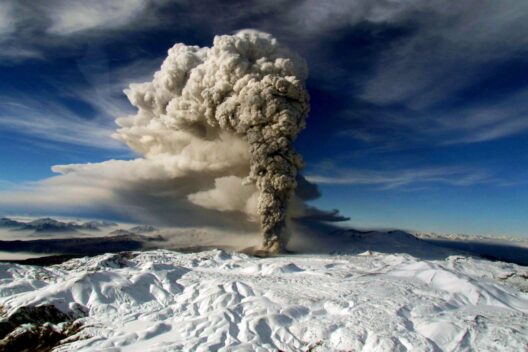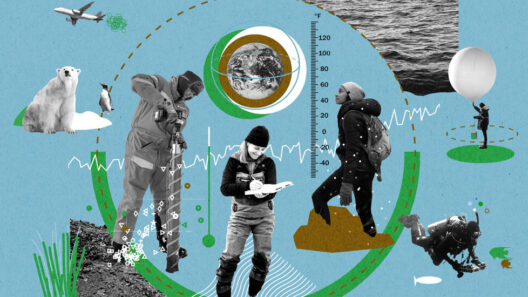Climate change is an existential threat looming over our planet. But what if we could galvanize our efforts and launch a concerted campaign against it? How can we collectively stop climate change, from the global scale to our personal choices? These are not just rhetorical queries but challenges we must grapple with as stewards of the Earth.
To embark on this journey, we must first understand the gravity of the situation. Climate change is driven by greenhouse gas emissions, which arise from various sources, including energy production, transportation, and industrial activities. The consequences are profound, affecting ecosystems, weather patterns, and ultimately, human health. Yet, despite the daunting nature of these facts, levels of optimism exist. With actionable strategies and collaborative efforts, we can initiate a turnaround. Let’s explore these by categorizing them into three distinct areas: global initiatives, community efforts, and personal responsibility.
Global Initiatives
On an international scale, various treaties and agreements have sought to rein in climate change. The Paris Agreement, adopted by nearly every nation, is pivotal in this global endeavor. Countries commit to reducing their carbon emissions to curb global warming to well below 2 degrees Celsius. Yet, these international frameworks, while vital, require unwavering commitment and transparency to be effective.
Another critical global mechanism is the promotion of renewable energy. Solar, wind, and hydroelectric power present sustainable alternatives to fossil fuels. Governments can incentivize these technologies through subsidies and tax breaks, advocating for a paradigm shift in energy consumption. Yet, do corporations match these efforts? The transition to renewable sources demands not just policies, but also corporate accountability regarding their carbon footprints. We might ask ourselves, are companies doing enough?
Furthermore, widespread afforestation and reforestation can absorb CO2, significantly impacting atmospheric CO2 levels. Global initiatives should advocate for protecting existing forests and restoring degraded lands. However, these initiatives require substantial funding and political will. Are world leaders prepared to prioritize ecological well-being over short-term economic gains?
Community Efforts
While global initiatives set the framework, community efforts drive grassroot changes. Local governments play a crucial role by promoting public transportation systems, encouraging cycling, and enhancing urban green spaces. These measures not only cut down emissions but also improve residents’ overall well-being. Community participation in these efforts can amplify the impact manifold. How can you, as a community member, influence local policy on green spaces or public transportation?
Grassroots movements are also essential. Local organizations can organize tree-planting events, educational workshops, and eco-friendly festivals, raising awareness about climate impact. Engaging the younger generation through such initiatives can instill a sense of responsibility for environmental stewardship. It’s a delightful challenge to inspire enthusiasm for sustainability—can you think of fun, innovative ways to engage your community?
Another pertinent aspect is the promotion of sustainable agricultural practices. Community-supported agriculture (CSA) and urban farming help reduce the carbon footprint associated with food transport. Encouraging local sourcing not only supports local economies but also minimizes emissions. Are you ready to challenge your community’s food choices and advocate for a shift towards organic and local produce?
Personal Responsibility
Now, let’s turn to individual actions, which collectively can have a substantial impact. At the core of personal responsibility lies our consumption habits. What we buy, how we travel, and even what we eat can either exacerbate or mitigate climate change. Transitioning to a plant-based diet can significantly lower personal carbon footprints. Have you ever considered reducing your meat consumption to help the planet?
In addition to dietary changes, we can all adopt more sustainable transportation modes. Carpooling, using public transport, or cycling whenever possible reduces the number of vehicles on the road and helps lower carbon emissions. Have you looked into alternatives to driving for your daily commute? Each small change contributes to a collective effort that has a ripple effect.
Moreover, energy conservation in our homes is critical. Simple actions such as employing energy-efficient appliances, using LED light bulbs, and minimizing water usage can lead to considerable reductions in household carbon emissions. By being mindful of our consumption, we can not only save on bills but also contribute to a greener planet. Can you create a checklist for sustainable living practices in your home?
The Call to Action
In conclusion, tackling climate change requires a multifaceted approach, incorporating global agreements, community mobilization, and individual accountability. Each level reinforces the other in a synergistic effort that can mobilize meaningful change. Imagine a future where every small action contributes to a greater campaign against climate change—what could your role be in this transformative journey? The challenge lies before us, but so does the opportunity to redefine our relationship with the planet. Let’s act now. The clock is ticking, and the time for change is here.






